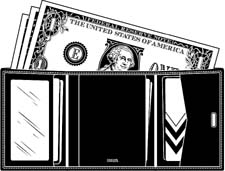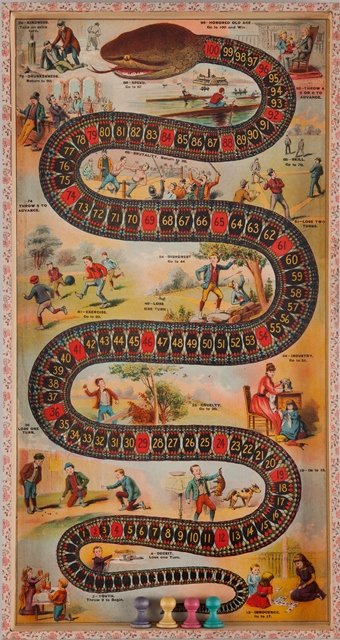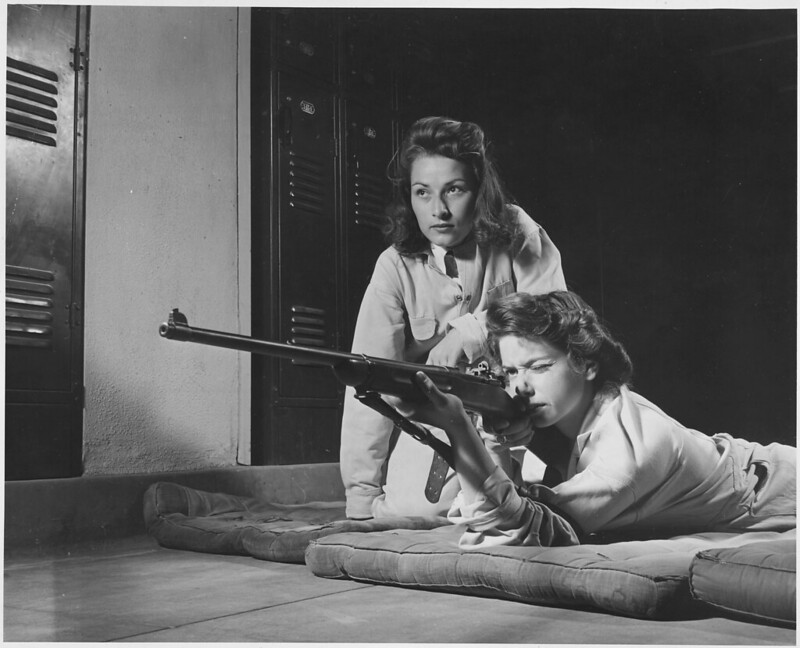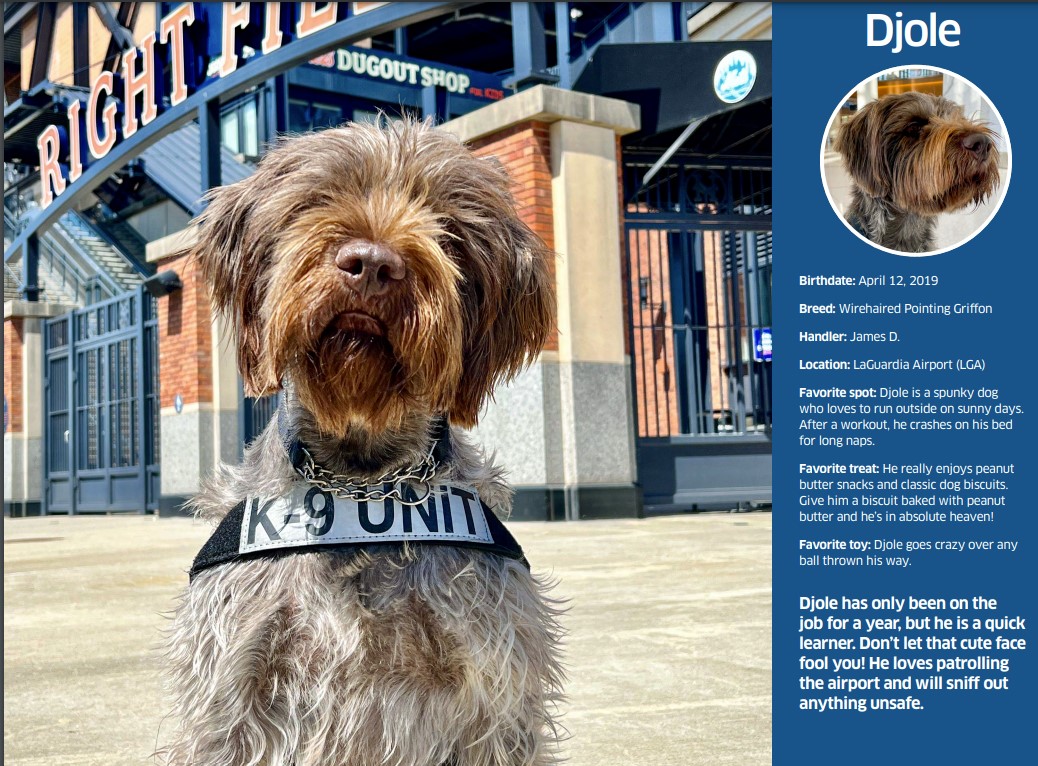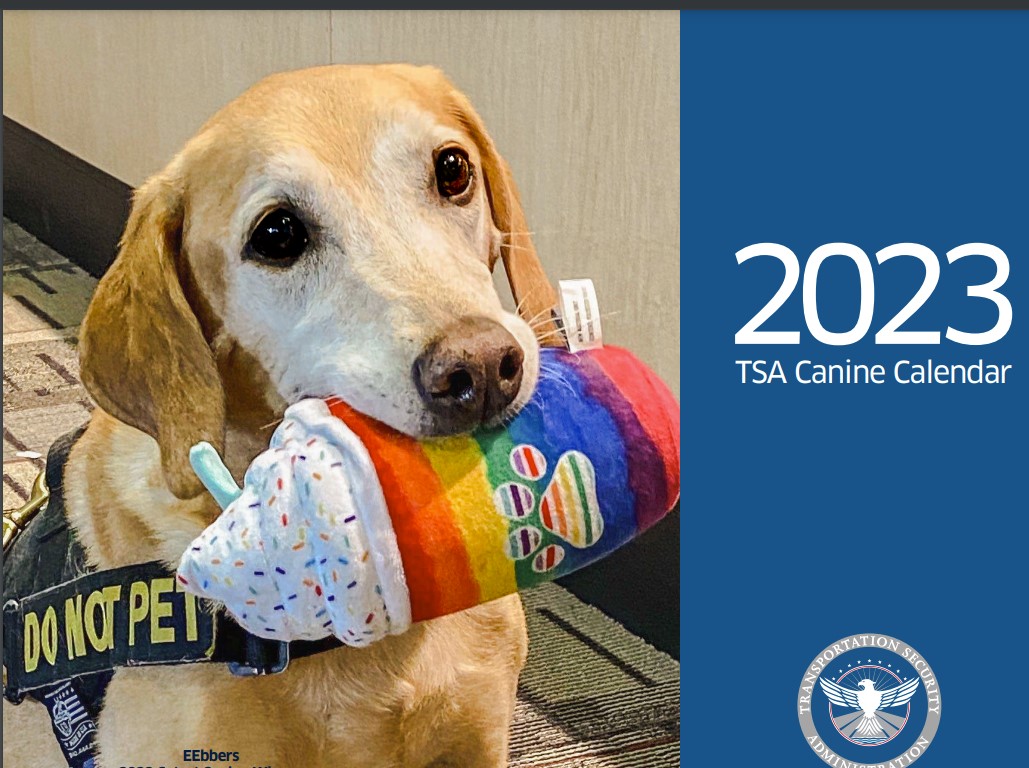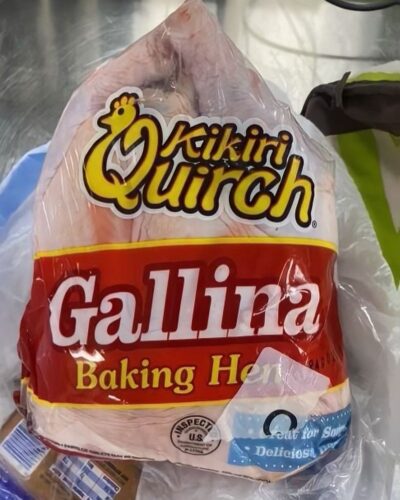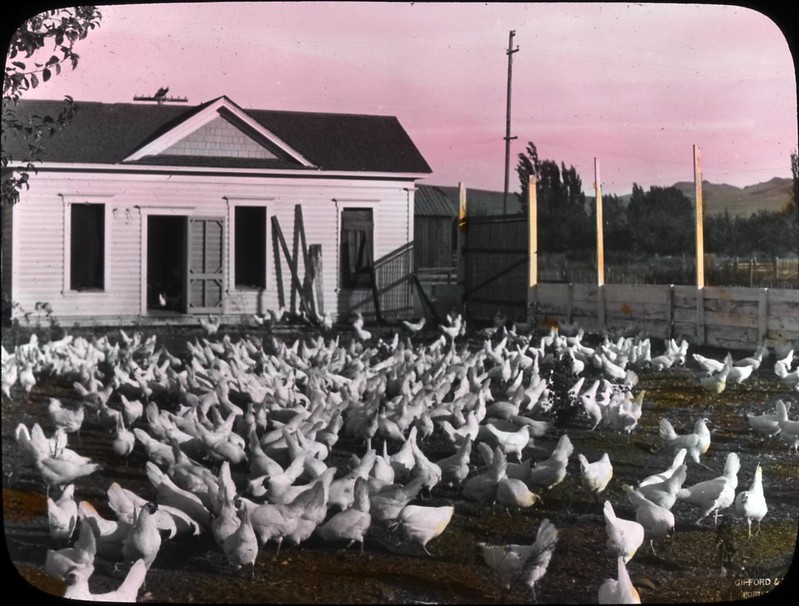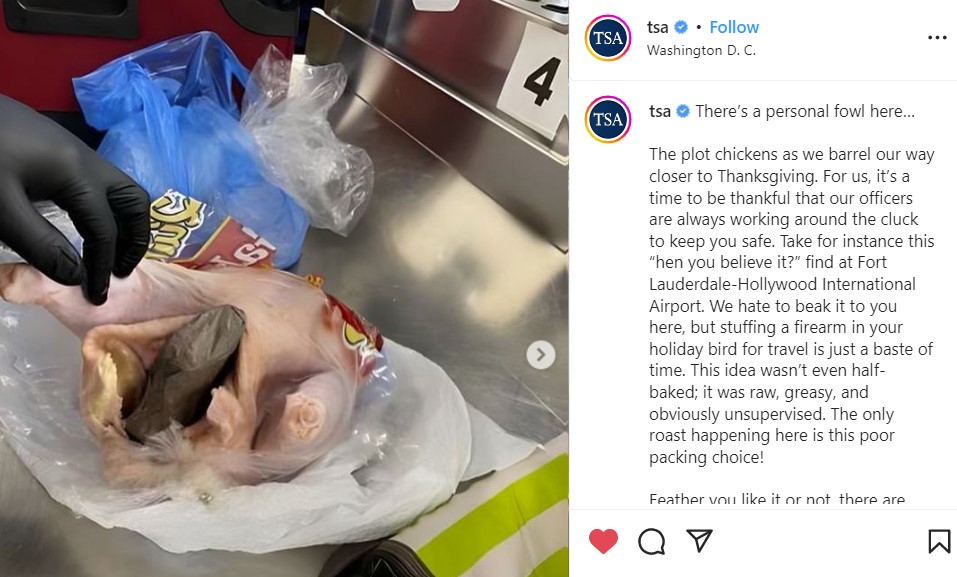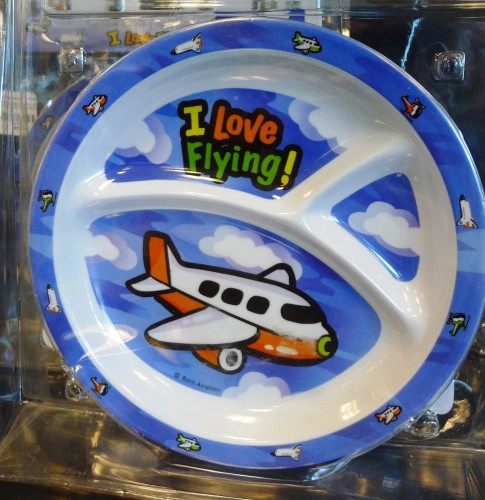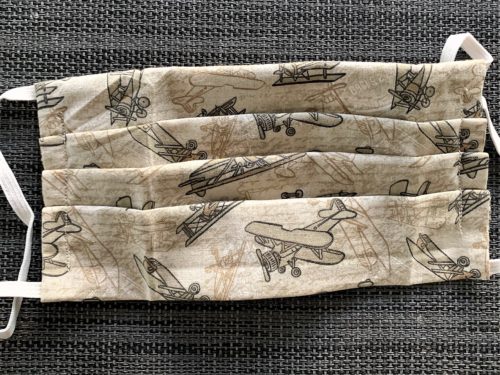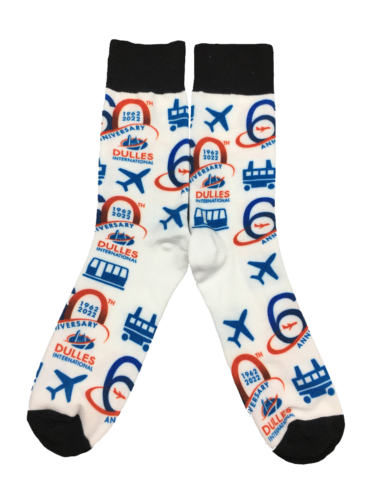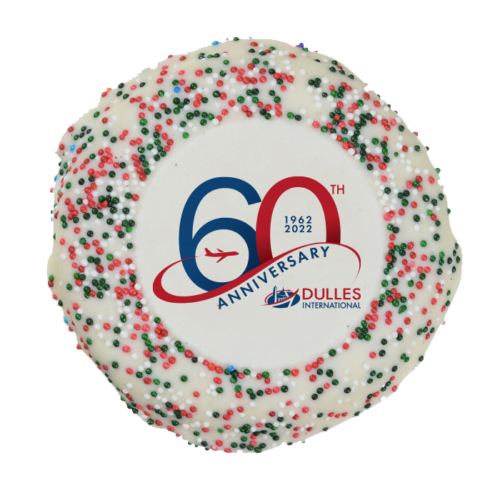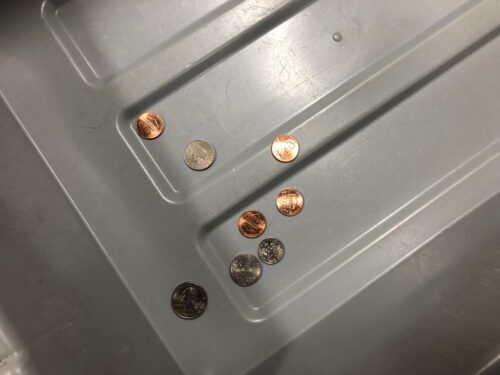
This week (August 16 – 23) is National Coin Week. And it is a good time to remind travelers to keep track of all their loose change at the airport security checkpoints.
Passengers going through airport checkpoints are told to put all their carry-on items on the belt going through the x-ray machine and to empty their pockets as well.
You’ve seen it. And perhaps you do it. But many passengers dump the contents of their pockets directly into a plastic bin. And in the rush to reassemble their belongings and move along, a lot of people leave loose change – and cash – in the bins.
The money left behind adds up.
In a report filed by the Department of Homeland Security for Fiscal Year 2020 (the most recent report we can find), the Transportation Security Administration (TSA) collected $517,978.74 in unclaimed money from airports around the county.
More than $19,000 of the funds was in foreign currency. And more than $37,000 of the funds were collected at airport checkpoints in Las Vegas.
TSA is allowed to keep the unclaimed funds left behind at checkpoints. And the agency can spend it as it wishes “to provide civil aviation security.” In FY 2020, for example, most of the funds TSA had in the kitty were used to purchase “masks, gloves, plexiglass shields, and other protection measures for travelers and TSA’s frontline workers,” according to the report.
Don’t Want TSA To Get Your Loose Change?
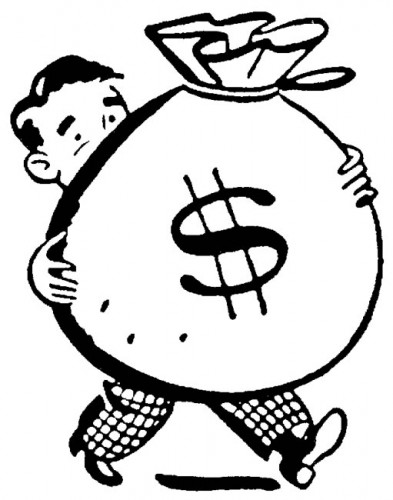
We expect a new report to be issued shortly on how much cash and currency travelers have been leaving behind at airport checkpoints. And we won’t be surprised if the numbers tick up because so many travelers are still working on relearning their travel skills.
But it’s pretty easy to avoid adding your cash to the TSA coffers.
Before you leave home, empty the loose change from your pockets into a small bag, or even an envelope, that you can slip into one of the larger bags you’ll be sending the x-ray machine. Or put that change into a zippered pocket in your coat or carry-on before you get to the checkpoint. Do the same with your wallet, so you decrease the chance of leaving way more than loose change behind, and you won’t tempt someone else to steal it.
